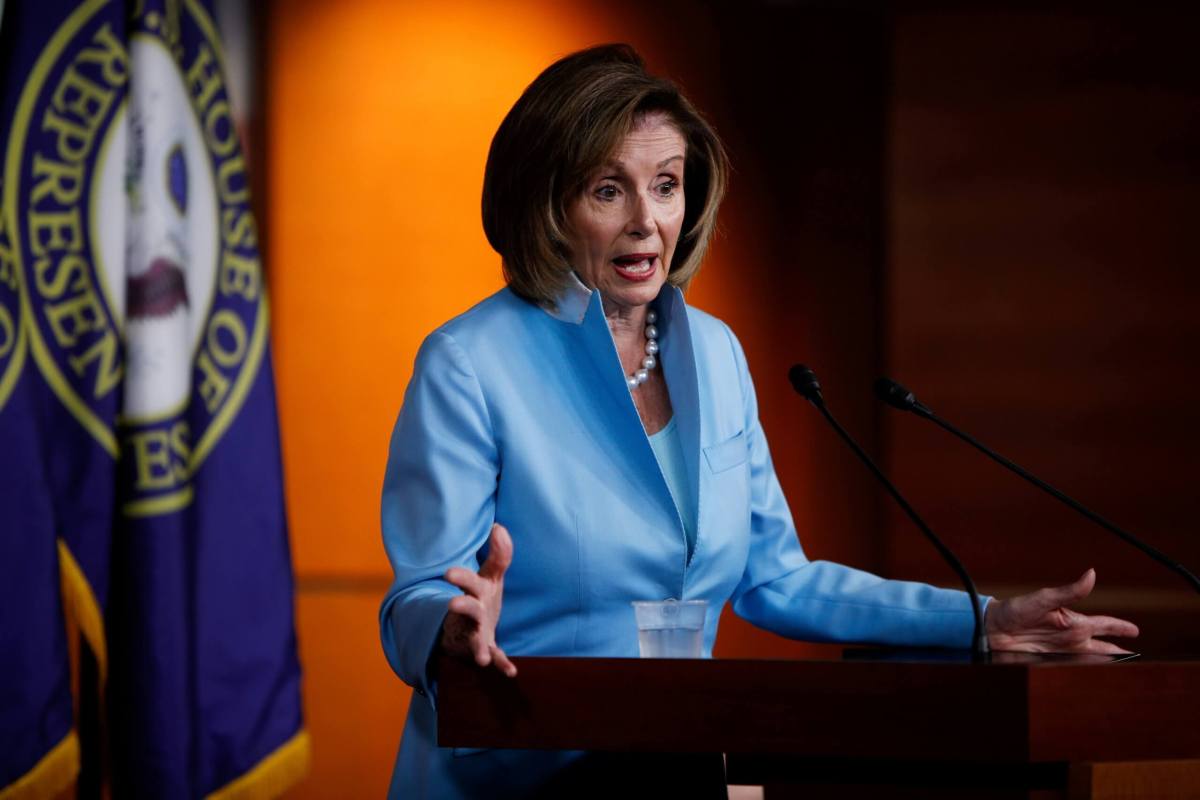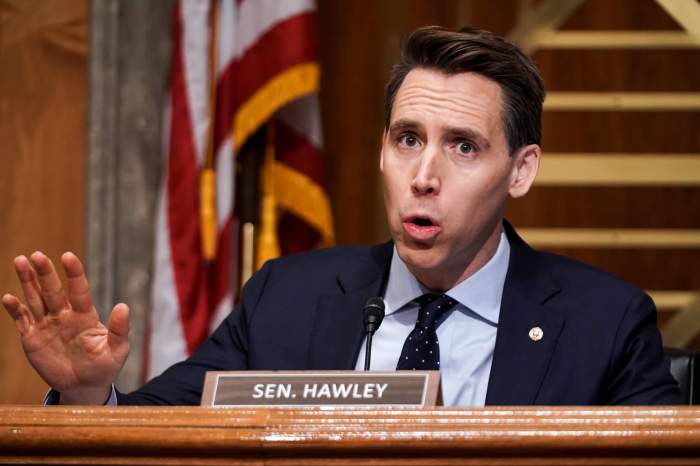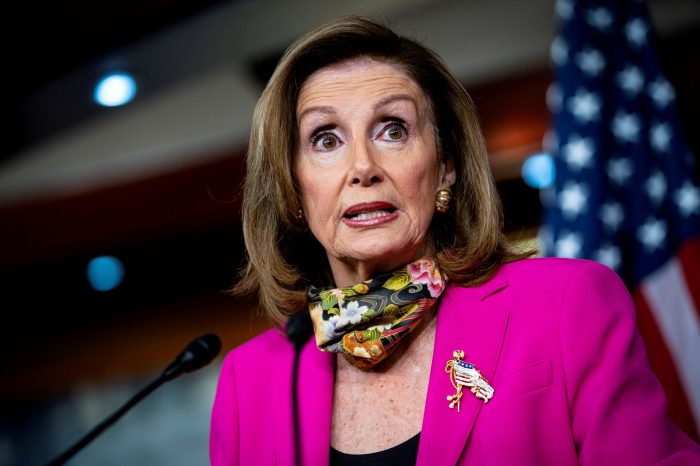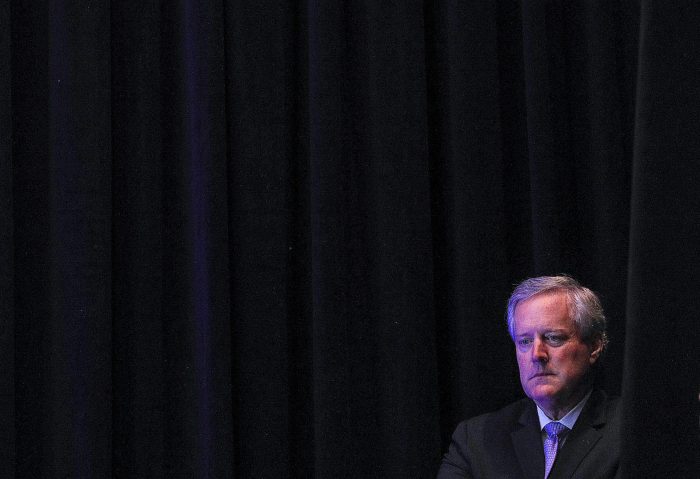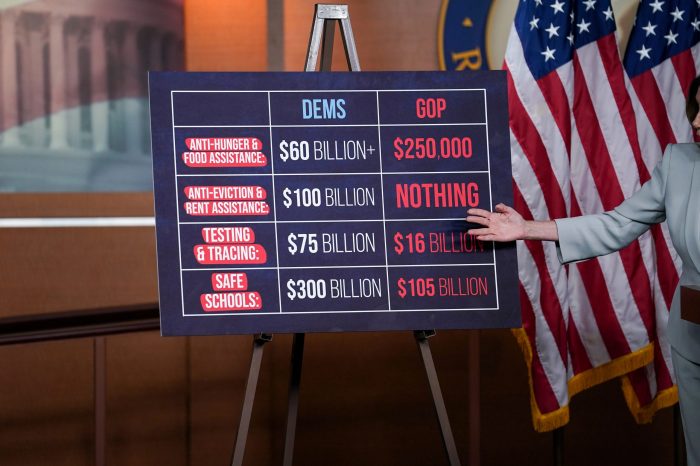Democrats face a test of unity in the U.S. House of Representatives on Monday as they begin work on two ambitious spending plans that would devote trillions of dollars to transportation infrastructure and social programs.
While centrist Democrats are eager to pass a $1 trillion infrastructure bill that has already won approval in the Senate, liberals say they must prioritize a $3.5 trillion budget blueprint that would expand spending on child care and education. Both measures are priorities for Democratic President Joe Biden.
The first test will come on Monday evening, when the House is due to vote on a package that would advance both spending bills, as well as a separate voting rights proposal.
That would clear the way for a final vote on the budget plan and the voting rights bill on Tuesday, but would not set a timeline for passage of the infrastructure bill.
Nine moderates who are pushing the House to first pass the infrastructure bill have threatened to vote against the package. That could potentially scuttle it in the House, where Democrats hold a 220-212 majority.
“There is a standoff with some of our colleagues who have decided to hold the infrastructure bill hostage for months, or kill it altogether, if they don’t get what they want in the next bill,” they wrote in the Washington Post on Monday.
House Speaker Nancy Pelosi has sided with liberals who worry they might lose leverage on the social spending effort if they first pass the infrastructure bill. She wants the House to complete work on both bills by Oct. 1.
“We must not squander our Congressional Democratic Majorities and jeopardize the once-in-a-generation opportunity to create historic change to meet the needs of working families,” she warned in a letter to House Democrats Monday.
No Republicans are expected to support the budget resolution plan, which sets the broad outline for spending on education, childcare, healthcare and climate measures favored by Biden and pays for them with tax hikes on the wealthy and corporations.
Crucially, the budget resolution plan would allow Democrats to pass those spending measures on a simple majority vote in the Senate, rather than the 60 votes required for most legislation in that chamber.
The Senate is split 50-50 between Republicans and Democrats. Democratic Vice President Kamala Harris would cast the tie-breaking vote.



